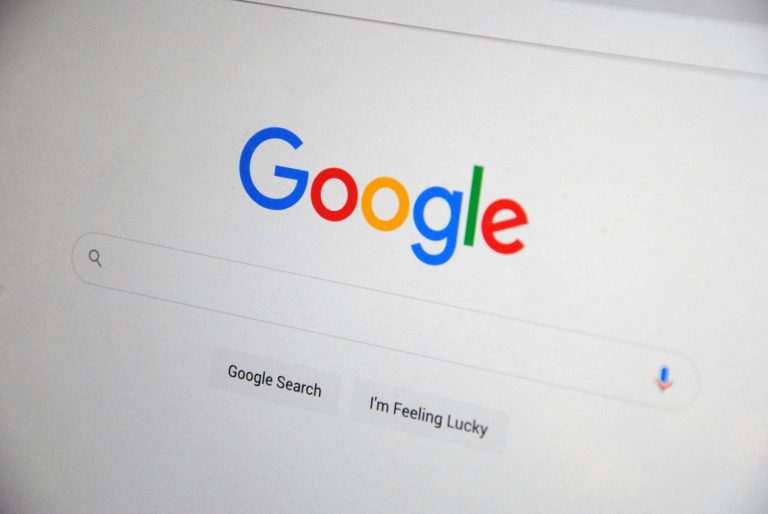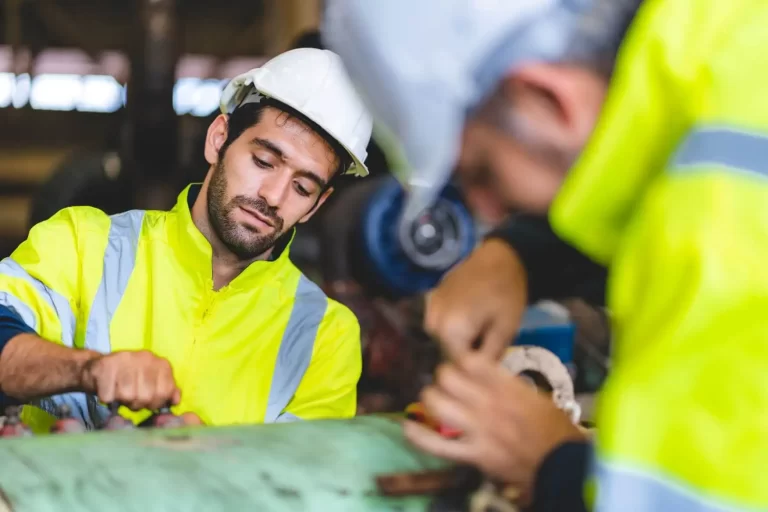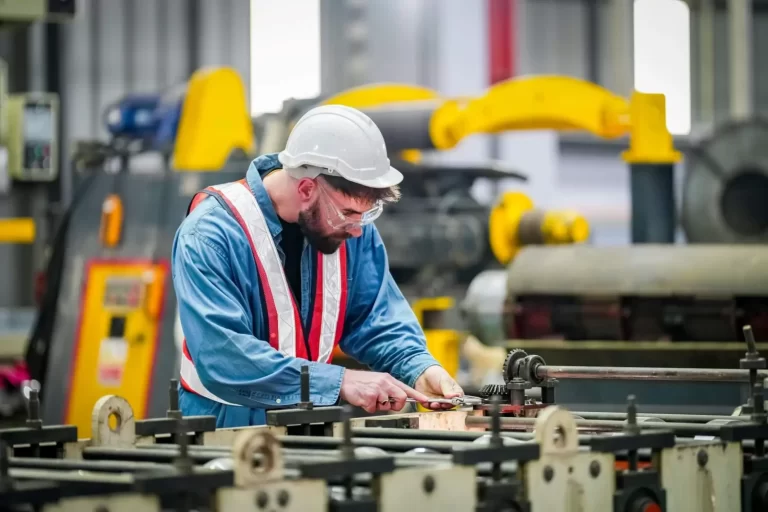
Google’s March 2025 Core Rollout: what’s the impact?
Taking no less than two weeks to complete, Google’s first core update of the year has now finished rolling out, as reported by Search Engine
Some 97 per cent of people use the internet to find out more about local businesses.
Whether that’s looking for a provider of a particular product or service, finding out more about an existing business, or exploring businesses that trade nearby, the internet is increasingly a tool via which people explore their local community. The key to being part of the local online conversation is local SEO.
This ensures that your website is optimised for ‘near me’ searches and your business is discovered by audiences local to where you are. Local SEO has a range of benefits, and as a strategy can be one of the most effective to adopt.
There are several advantages of local SEO.
It works like SEO in general, in that the aim is to enhance your search engine performance. The difference is that it contains a local element that helps the performance of the site in local searches. The same SEO principles apply, but there is likely to be a focus on geographical keywords and a backlink strategy that links to other local businesses.
If, for instance, you run an electrical firm in Manchester, ideally you want to appear in the first few search results every time someone searches for ‘Manchester electrician’. If you’re appearing high up in search results initiated by users who live 200 miles away, then it may not mean much to the success of your business.
Local SEO ensures that your website appears in local searches.
Local SEO helps to increase the amount of locally specific, and relevant traffic to your website. When you target local people, you are targeting those who may actually visit your business or enquire about your services.
A broader, less geographically-targeted approach may attract high volumes of visitors, but these may ultimately be dead-end visits. After all, the chances of an overseas visitor paying a real world visit to your local shop are slim.
Community building is increasingly an important part of branding. The websites of local businesses and their associated social media accounts are often a source of information about the local community.
Businesses working together can help to keep the local economy going, particularly through challenging times. If your business starts to try to create links with other local companies, the number of local backlinks will increase.
Building supportive working relationships and referring visitors to other businesses locally who provide a different service or product, all helps to establish a reputable local reputation. It also increases your local SEO footprint.
By taking care of your local SEO, you help to build a healthy local SEO ecosystem that can ultimately become mutually supportive.
Customers are increasingly keen to support local businesses, and, in turn, their local economy. With local SEO you ensure that your business becomes a local fixture, and a first port of call for people locally.
By intelligent use of local SEO you can help foster customer loyalty. Whenever they need your services, your name will appear towards the top of a search, and the customer will recognise it. Local SEO has the advantage of reinforcing and supporting a growing local reputation.
Gaining a prime spot on the Google results is taken as a signal by users that your business is to be trusted. The higher you rank, the higher your reputation.
Because Google prioritises information-ich content, a high position will reflect a certain degree of authority. By the intelligent use of local SEO, you can establish your reputation within your niche and increase your appeal to local people.
Intelligent use of local SEO as part of a broader SEO strategy can help you gain a better ranking.
Watch this helpful video from our MD, Jonathan discussing the importance of Google E.A.T. (Expertise, Authority, Trust)
The impact that local SEO can have on your turnover cannot be overstated. By increasing the number of organic hits your website has, the less need you’ll have to advertise your business. This particularly applies to advertising on Google, where a robust SEO strategy, including a well-tailored local approach, will really deliver in terms of meaningful local traffic. As a consequence, you may reach a stage where paid advertising becomes superfluous.
More hits for your website is, of course, likely to lead to increased sales or enquiries about your services. The advantage that a local SEO strategy has is that the proportions of hits to your website that are actually meaningful are greater.
The conversion rate for these hits is much higher than general, non-geographically specific hits. Local SEO has real advantages when it comes to increasing sales, whether that’s via your website or from a bricks and mortar outlet.
View our local SEO Checklist articles to make sure you’ve not missed anything from your plan
Aqueous Digital are your local SEO experts. We can create an effective local SEO approach as part of a broader SEO strategy.
As an award-winning digital agency, we have the skills, expertise and experience to ensure that your business enjoys the benefits that an intelligent local SEO strategy can bring.
Take a look at the SEO Services we offer and get in touch on 0800 285 1424 or email agency@aqueous-digital.co.uk for an initial discussion and a free consultation.
Aqueous Digital’s Guide to the Top 501 SEO and Digital Marketing Terms
Aqueous Digital’s Beginners Guide to SEO
How out carry out an in-depth Technical SEO Audit
Aqueous Digital’s Ultimate Guide to the cost of SEO in the UK
How long does SEO take to work?
What are the most important SEO ranking factors?

Taking no less than two weeks to complete, Google’s first core update of the year has now finished rolling out, as reported by Search Engine

It’s no secret that ever since the early 2000’s, Google has been the go-to search engine for online users across the world, but with AI

Struggling to determine how much money your construction business should be dedicating to your marketing efforts? As award-winning digital marketing experts, the Aqueous Digital team

Concerned that your tech company isn’t grow as fast as you’d like? In 2025, there are several industry-specific challenges that could be hindering the growth

Since the advent of artificial intelligence (AI) and increased accessibility to chatbots, AI-generated content has been flooding the internet. In fact, a study conducted by

Have you seen an unwelcomed drop in the sales for your manufacturing business? No matter the location, size, or scale of your operations, there are